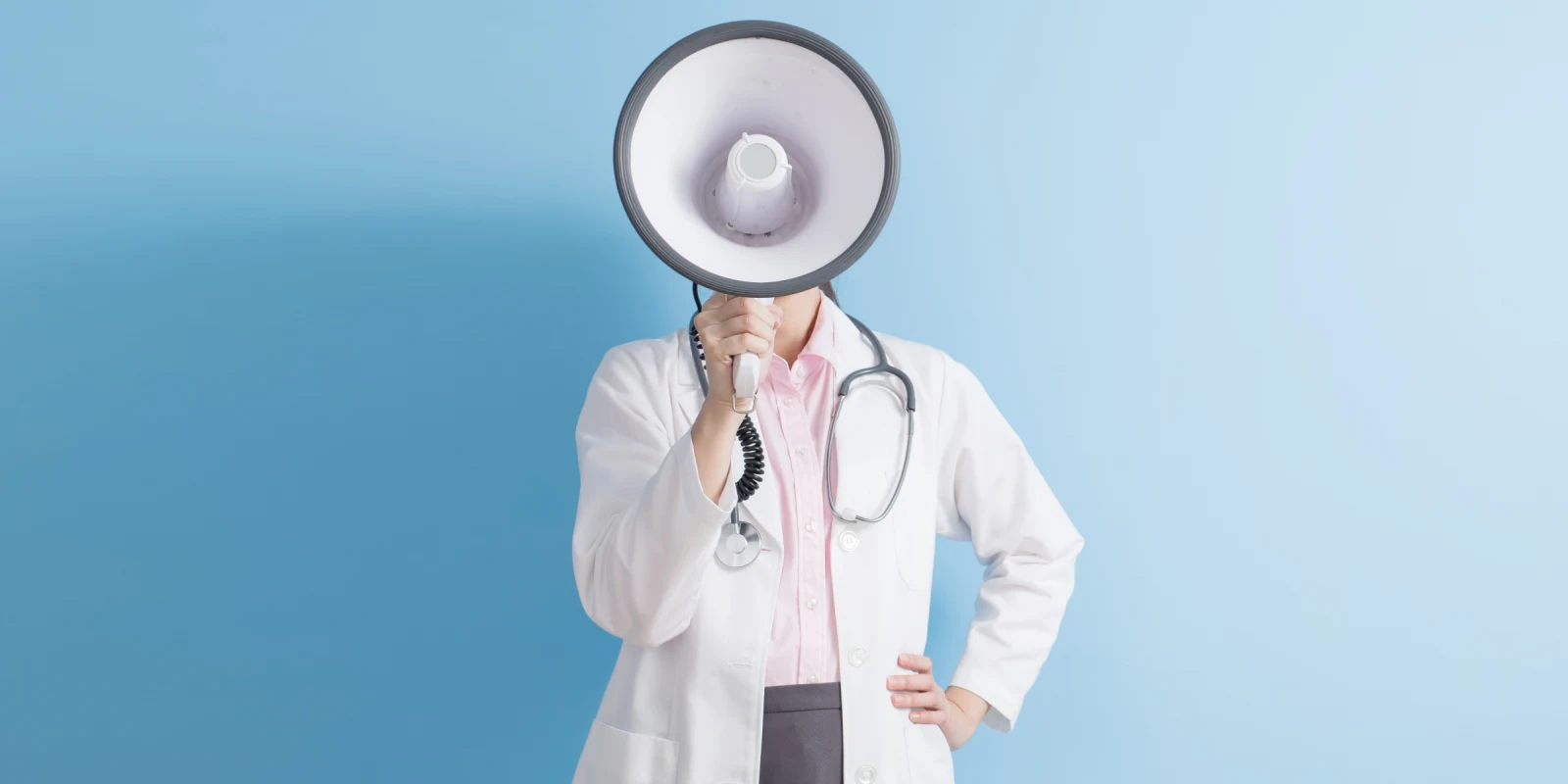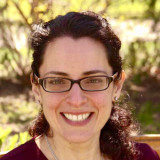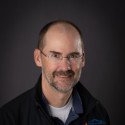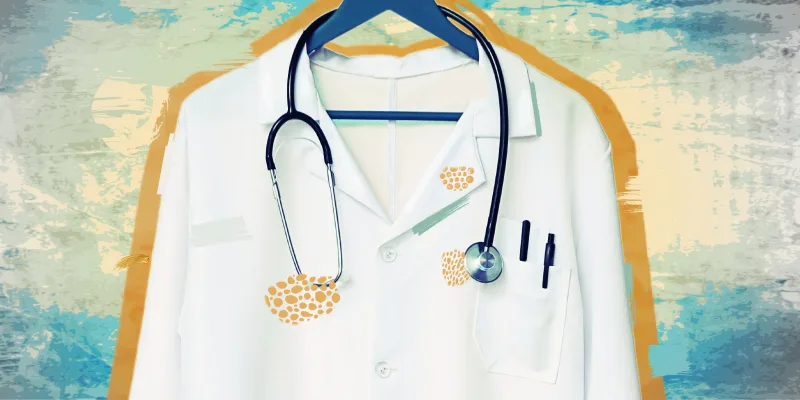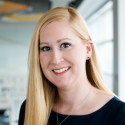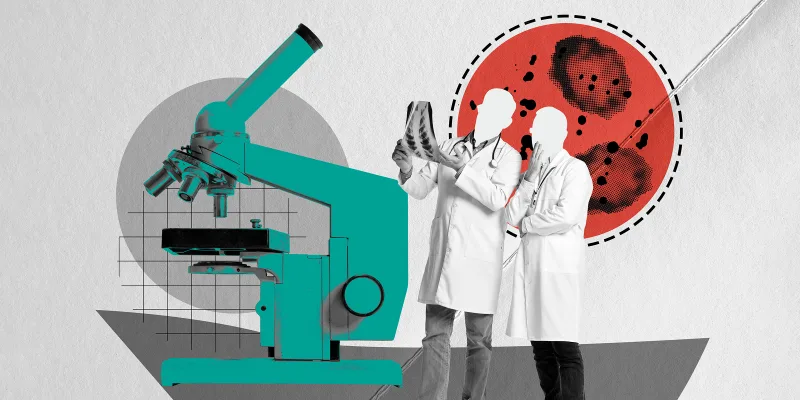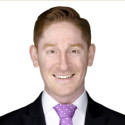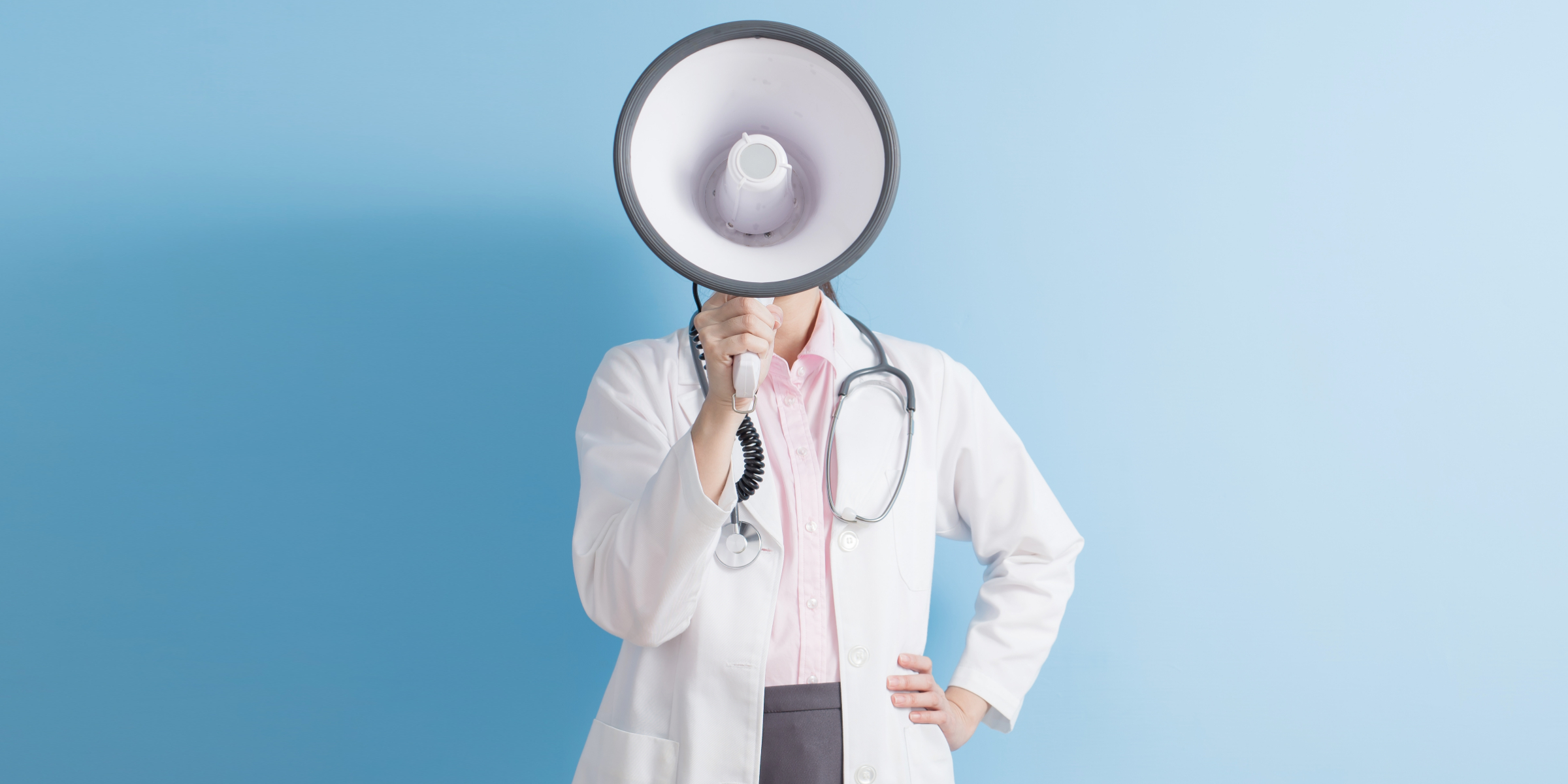
I’m writing this while there’s still time.
I’m a primary care physician in Boston who has been reassigned to help staff our outpatient COVID-19 operations. In two weeks, my status will have changed to one of two options: I’ll be sick, or working around the clock wherever I’m needed at Massachusetts General Hospital.
I have some time now and also a lot of hope. I'm one of many health professionals active on social media, trying to make some sort of dent in this pandemic. We're typing frantically during little breaks from work, on the train or late into the night, sharing data, slides, graphs, studies, advice, and our own lived experience. We’ll do anything to avoid developing into the next China or Italy.
We know what's likely coming and what needs to be done to prevent it. Our expertise matters, and it can make the difference between crisis and conquering.
Case in point: Last week, I was seeing a number of patients with fever, cough, and risk factors for COVID-19, but testing wasn’t available for most of them. At the same time, open houses and children’s birthday parties were still happening, friends were packing for their vacations, elderly folks were faithfully attending their book clubs. It was social proximity at its best. It wasn’t irresponsible; at that point, the small number of positive cases was falsely assuring.
But many of us on the ground had good reason to suspect that there was far more community spread than the numbers reflected. I posted my observations about the lack of COVID-19 testing in our state and advised precautions like handwashing and social distancing (and I blogged about it, too). By Thursday morning, my Facebook post had been shared over 1000 times. The Boston Globe interviewed me about it for a story that ran that afternoon.
Just after it ran, a local politician contacted me to discuss the issue, and later that evening, our governor held a press conference demanding that the government allow hospitals and private labs to develop and perform tests. By that point, more health care professionals and public health officials were speaking out. My voice was one of many, but we were growing louder. By Friday morning, President Trump held a press conference and announced measures to expand testing and make the necessary supplies more available.
This week, that same local politician let me know this:
"There are politicians pushing for things to move faster, like testing, shutdowns. Messages from the front lines help inform policymakers. We are here to support you. We need to know what you need to help people. So any message from doctors, nurses, et cetera, public or private, is welcome."
Physicians and scientists can and should be speaking out, spreading the public health messaging, the “real news” about COVID-19. We can guide policy that can impact many, and maybe even curb the epidemic, flatten the curve. If we had a more informed, organized, and consistent government response already, I would not necessarily be calling for this. Dwelling on this gets us nowhere.
I know how busy health professionals are even without a pandemic breathing down their scrubs. Adding policymaking duties to their “to do” lists is burdensome. We have other parts of our lives that need attention, like our children and households and adding another mini-shift to your life seems unfair — mostly because it is.
But I would much rather lose another hour of sleep than have to choose between two patients and decide who will get treatment and who will certainly die.
Essays and lengthy posts are a tall order, I know. But even emails or text messages sent out to friend and family groups asking them how they are and offering more information can be helpful.
A friend of mine who is a corporate executive said my simple text messages and sharing articles early on informed the company’s decision to transition to a work-from-home strategy. She said the information empowered her to speak up to their CEO, at a time when many were still skeptical, and no official guidance was yet available.
Information shared from a known and trusted source can impact a lot of decisions. Everyone from your neighbor who is still hosting playdates or your friend who still wants to take a bargain vacation or your local leaders can change their behavior — to some life-saving results.
But that only happens if you speak up and share. Health professionals: you know something, say something.
Monique Tello, MD, is a primary care physician at the Massachusetts General Hospital and is the author of Healthy Habits for Your Heart. Dr. Tello is a Public Voices Fellow with The OpEd Project.
Click here to see more perspectives on COVID-19 from the Doximity network.
Click here to up-to-date news about COVID-19 on Doximity.
